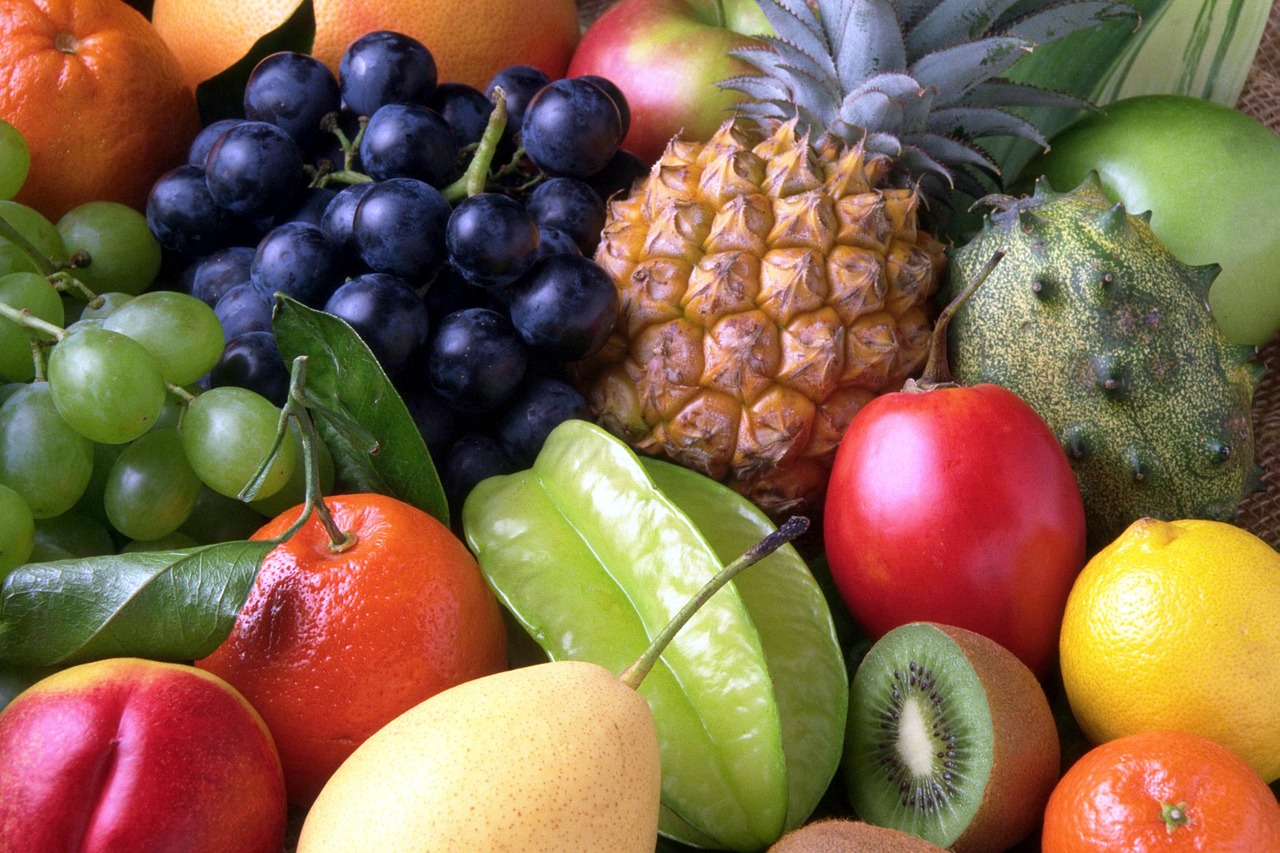By David Liebler.
Manuel Cisneros and his son Adan gently package fruits and vegetables for the week’s veggie boxes. Broccoli, green onions, oranges, grapefruits and avocados are just a few of the items filling the boxes destined for local kitchens. Minutes earlier, the father and son team were picking the fruit and pulling the vegetables out of the rich soil. Fresh indeed – and organic. They are meant for Los Angeles County residents who often don’t have access to fresh fruits and vegetables. It’s just one of the many facets of The Growing Experience Environmental Resource Center, a 7-acre urban farm and community garden located within the Carmelitos Public Housing Community in North Long Beach.
Developed by the Los Angeles County Housing Authority, the program helps fulfill the organization’s mission to “build better lives and better neighborhoods.” The farm does much more than just grow produce. It provides opportunities for residents and the general public to learn not only about urban agriculture and gardening, but also critical issues such as water conservation and sustainability through hands-on workshops.
“It’s extremely important for youth and adults alike to see where their food comes from, to be involved in that process and get to escape to a place that is beautiful and can provide not just food but opportunities to learn,” explains Program Manager Holly Carpenter.
There are a multitude of facets to the “Growing Experience.” The community garden contains 60 bed plots where community members can grow their own food. The aforementioned fresh veggie boxes containing 8-10 seasonal fruits, vegetables and herbs grown organically at the farm can be purchased by Carmelitos residents for only $10. And each Friday there is a farm stand, where people can purchase fresh produce, herbs, eggs and honey. The goal is to not only provide organic products for residents, but also at a price they can afford. Over the course of a year, the farm serves about 10,000 pounds of the produce to the community.
Carpenter points out how North Long Beach is considered a food desert. “There are a lot of fast-food places, but affordable, fresh produce is not attainable for most families. It’s either too far away or just unaffordable,” she says.
But there’s more than fruits and vegetables growing at the urban farm. The program itself keeps expanding. In 2014 an aquaponics and vertical towers growing system was developed. The climate-controlled space and water-saving system combines agriculture with technology to greatly increase the growing capacity of fresh produce. That same year, a “Youth Urban Agriculture Training Program” was rolled out. Local youth have an opportunity to learn about urban farming, as well as resource and energy conservation through hands-on activities. Next a community food forest showcasing drought-tolerant plants was added, followed by a food waste composting program that’s diverted more than 50 tons from landfills and used as rich soil amendment. The list goes on and on.
The Growing Experience has been well received by the community. Carpenter uses phrases such as “in awe” and “blown away” when describing the reaction of residents when they first come through the gates. “It’s incredible to me the amount of learning that takes place at our farm, from something as simple as where a carrot comes from to looking at how some of our (growing) systems work.”
The success of the Growing Experience is a community effort, Carpenter says. Organizations ranging from education to health care to private industry have partnered with the county Housing Authority to make a number of initiatives a reality.
And to Carpenter, the Growing Experience can easily be replicated. All it takes is a small plot of land and a desire.
“Throughout every county there are opportunities to start community gardens and farms. It’s worth the work. It pays off and there’s so much more that comes from project like this than growing produce. There’s community building, there are educational opportunities. It’s an escape from urban life.”
[divider] [/divider]
This Los Angeles County program is a recipient of a 2017 CSAC Challenge Award, which spotlights the most innovative programs in county government. The Call for Entries for the 2018 awards is now open.





